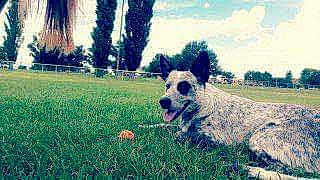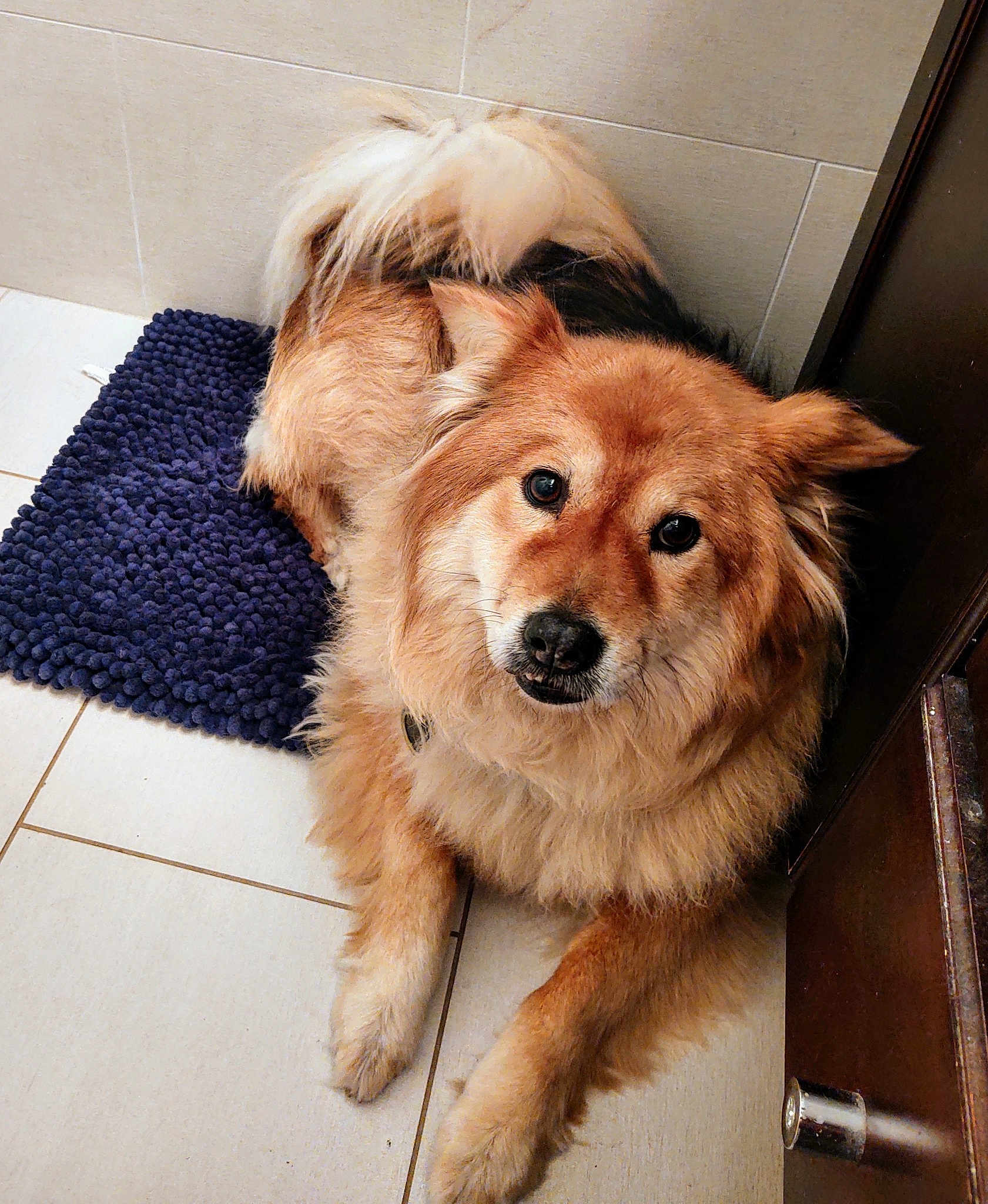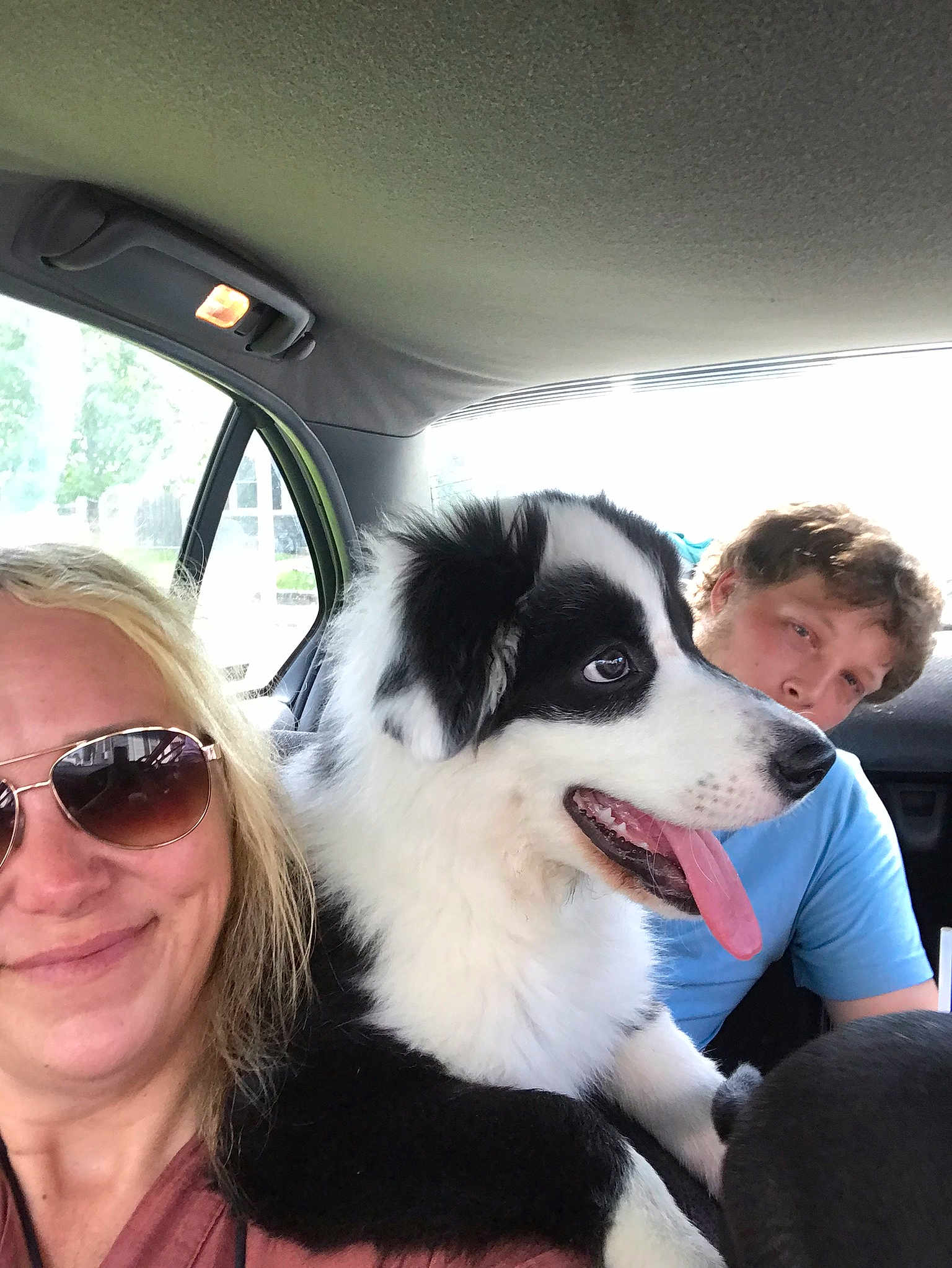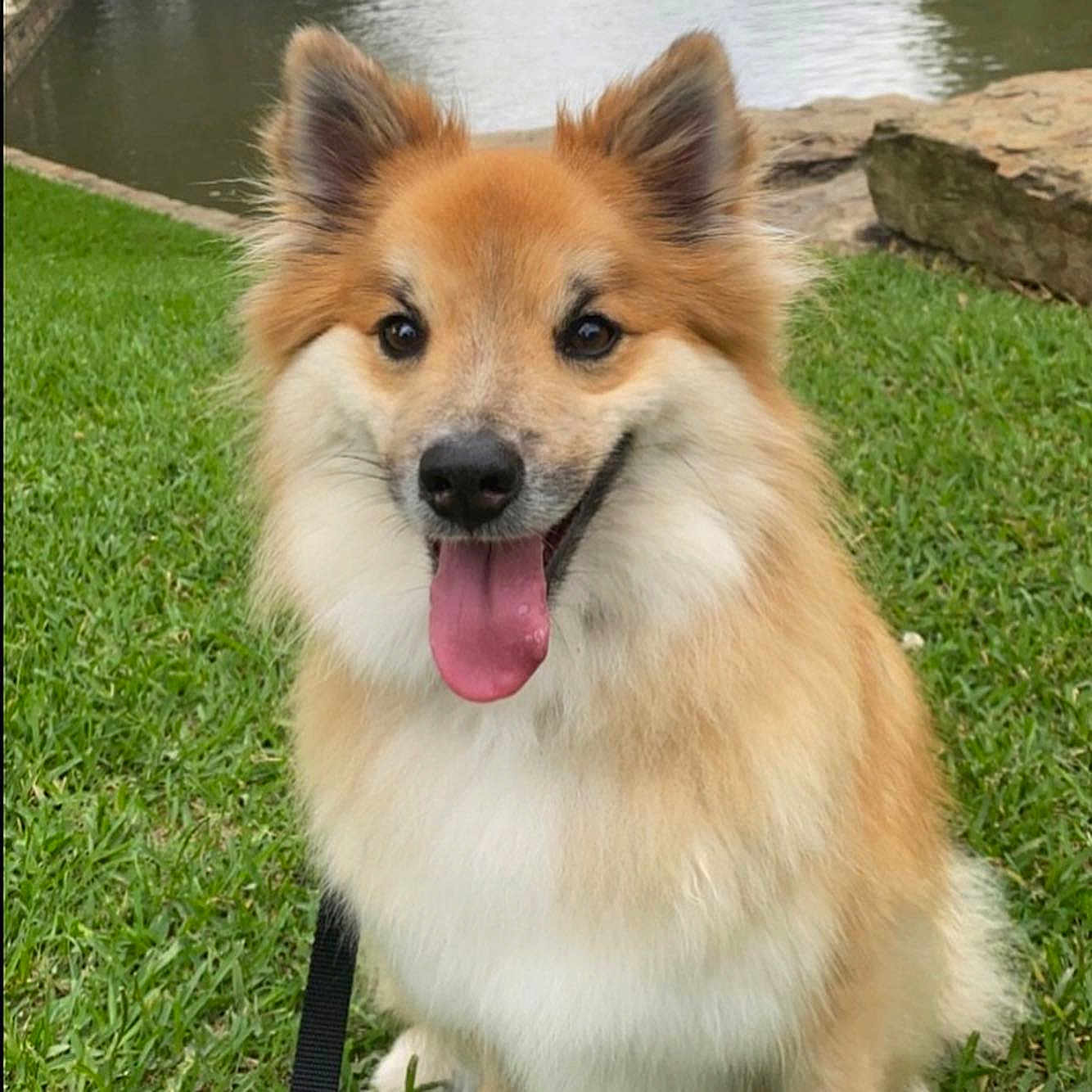"The Icelandic Sheepdog, often known as the guardian of the Icelandic countryside, is a breed that brims with energy, intelligence, and an unyielding devotion to its owners."
As we delve into the world of dog breeds, it's fascinating to uncover how each breed reflects a unique tapestry of history, personality, and cultural significance. The Icelandic Sheepdog stands out not only for its distinctive fluffy coat and endearing face but also for the ancient legacy it carries. Join us as we explore this breed in depth, from personality traits and historical roots to care tips and training insights.
Personality and Behavior of the Icelandic Sheepdog
The Icelandic Sheepdog is renowned for its lively and cheerful disposition. Often described as enthusiastic and eager to please, this breed is a perfect companion for those who lead active lifestyles. They are incredibly social and have a natural affinity for people and other animals, making them excellent family pets.
One of the most notable traits of the Icelandic Sheepdog is its intelligence. These dogs are quick learners and have a keen sense of their surroundings, which makes them adept at problem-solving and navigating complex environments. Their intelligence, coupled with a strong work ethic, has historically made them indispensable in herding livestock in the challenging Icelandic terrain.
Another defining characteristic is their loyalty. Icelandic Sheepdogs form strong bonds with their families and are known to be particularly affectionate with children. Despite their herding background, they have a gentle demeanor and are rarely aggressive. Their playful nature ensures that they thrive in environments where they receive plenty of mental and physical stimulation.
In work scenarios, Icelandic Sheepdogs exhibit an impressive level of perseverance. They are tireless workers and can function effectively in diverse weather conditions, a testament to their resilience and adaptability. This breed’s history as a guardian of livestock translates well into modern-day roles as alert and reliable watchdogs.
The Icelandic Sheepdog has an innate ability to sense changes in weather, a trait that has been invaluable in Iceland's unpredictable climate.
Meanings, History and Origins of the name Icelandic Sheepdog
The name "Icelandic Sheepdog" is straightforward, stemming from the breed's geographic origins and primary historical function. Brought to Iceland by Viking settlers over a millennium ago, these dogs were essential in managing livestock, a crucial role in a country heavily reliant on farming.
Historically, the Icelandic Sheepdog served as both a herder and a protector. Their keen senses and relentless energy were vital in rounding up sheep and other livestock, often in harsh weather conditions. The breed’s ability to navigate rough terrain ensured the safety and efficiency of agricultural practices in Iceland.
The name also has cultural significance. In Icelandic literature and folklore, the breed is often celebrated as a symbol of resilience and companionship. Their unwavering dedication to their human counterparts throughout history solidifies their reputation as not just working dogs, but cherished members of the household.
In the modern era, the Icelandic Sheepdog continues to be a beloved breed, recognized and adored worldwide. The name itself evokes images of the rugged Icelandic landscape, a testament to the breed’s enduring legacy and cultural heritage.
Popularity of the Icelandic Sheepdog
The Icelandic Sheepdog enjoys moderate popularity globally, with a particularly strong following in Northern Europe, especially in its native Iceland. The breed's historical roots in Iceland make it a beloved national dog, featuring prominently in local culture and traditions.
In English-speaking countries, the Icelandic Sheepdog has been gaining recognition. Its friendly and adaptable nature makes it an appealing choice for families and dog enthusiasts alike. While not as ubiquitous as some other breeds, its uniqueness and charm attract a dedicated following. Breed organizations and clubs in the United States, Canada, and the UK actively promote the breed, ensuring a steady increase in popularity.
Globally, the breed's popularity varies. In regions with similar climates to Iceland, such as Scandinavia, the Icelandic Sheepdog is more prevalent due to its adaptability to cold weather. Meanwhile, in warmer climates, its thick double coat requires more diligent care, which can influence its adoption rates.
Health and Care of the Icelandic Sheepdog
Icelandic Sheepdogs are generally a robust and healthy breed, but like all dogs, they are susceptible to certain hereditary health conditions. Common issues include hip dysplasia, elbow dysplasia, and patellar luxation. Regular check-ups with a veterinarian can help in early detection and management of these conditions.
Dietary needs for the Icelandic Sheepdog should be well-balanced, with a focus on high-quality proteins to support their active lifestyle. Due to their energetic nature, they require a diet that can sustain their high energy levels. Regular exercise is crucial, as it helps in maintaining their physical and mental health.
Grooming is an essential aspect of caring for an Icelandic Sheepdog. Their thick, double coat requires regular brushing to prevent matting and reduce shedding. During seasonal changes, their shedding may increase, necessitating more frequent grooming sessions. Additionally, routine dental care, nail trimming, and ear cleaning should form part of their overall care regimen.
Training and Education of the Icelandic Sheepdog
Training an Icelandic Sheepdog can be a gratifying experience given their intelligence and eagerness to learn. Positive reinforcement techniques work best with this breed, as they respond well to praise and rewards. Consistency and patience are key, as with any training regimen.
Socialization is crucial for Icelandic Sheepdogs, especially from a young age. Exposing them to various environments, people, and other animals helps in developing well-rounded and confident dogs. Puppy training classes and regular interactions with other dogs can provide beneficial social experiences.
Given their herding background, Icelandic Sheepdogs may exhibit some herding behaviors such as nipping or chasing. It's important to channel these instincts through structured activities and training. Herding games and agility training can be excellent ways to engage their natural abilities.
Obedience training is essential, particularly because these dogs are highly active and can become bored if not adequately stimulated. Mental exercises like puzzle toys, scent work, and advanced obedience tasks can keep their sharp minds engaged.
Choosing the right breed involves considering various factors such as lifestyle, activity level, and family dynamics. The Icelandic Sheepdog, with its history of resilience and loyalty, can be a delightful addition to families that can meet its exercise and social needs. For those looking for an intelligent, affectionate, and energetic companion, the Icelandic Sheepdog presents an ideal choice.
The enduring significance of dog breeds lies in their ability to bring joy and companionship to our lives. At KingPet, we are thrilled to see many Icelandic Sheepdogs participating in our contests, showcasing their unique charm and talents. By choosing the Icelandic Sheepdog, you embrace a piece of history, culture, and a loyal friend for life's adventures.











